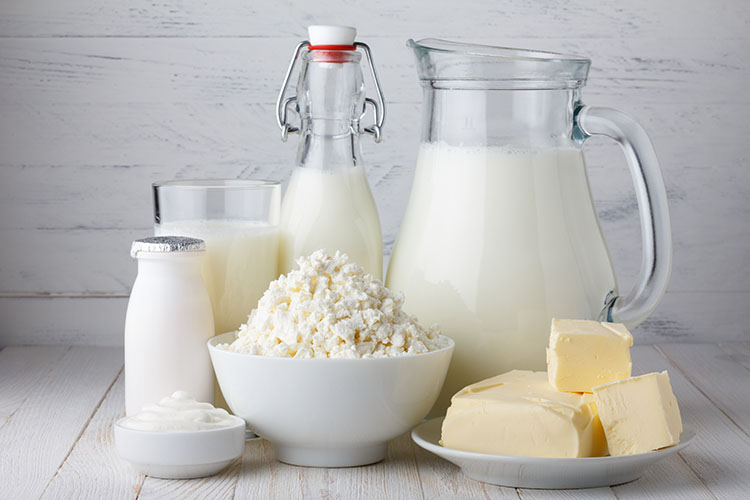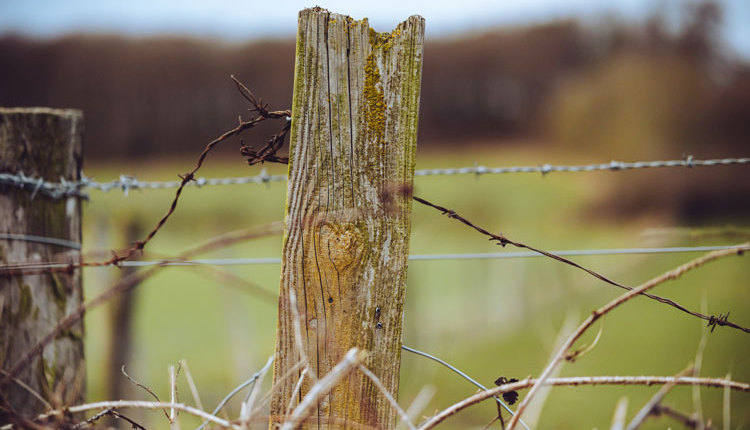
The Animal Agriculture Alliance is here to safeguard the future of animal agriculture by bridging the communication gap between farm and food communities. One important way we do that is by monitoring the activities of animal rights activist organizations who try to take advantage of that gap and fill it with myths and misinformation about topics such as animal welfare, antibiotic use, and sustainability. We believe it’s critical to stay on top of the strategies and tactics employed by these organizations so farmers and ranchers can be prepared for the next activist campaign.
As part of our activist monitoring work, the Alliance releases reports each year from prominent animal rights conferences. This summer, we’ve released recaps from PETA’s Not Your Usual Animal Rights Conference, the Rancher Advocacy Program Summit, and the Farmed Animal Conference E-Summit, hosted in place of the Animal Rights National Conference that has been canceled for the past two years due to COVID-19 concerns.
While all of animal agriculture was in the crosshairs at these conferences (because “the only humane choice is vegan”), several discussions took place that were focused on dairy. Speakers agreed that, “There’s simply no such thing as humane meat, dairy, and egg production,” with some honing in on dairy specifically, saying the ethical implications of dairy make products like cheese “not worth it.” One speaker claimed that he “studied the dairy industry and concluded that it is the filthiest, nastiest, most egregious form of cruelty in animal agriculture.” Another said she saw “rape,” “slavery” and “kidnapping” in a YouTube video about dairy.
The health benefits of dairy products were also denigrated, with one speaker stating, “so many people are going vegan for their health, and that’s a great reason” and that “if cheese were any worse, it would be Vaseline.” The same speaker claimed that “cancer rates seem to be lower in people who consume more soy products.” A different speaker stated that “milk is not healthy for you, it’s toxic” while yet another (who spoke at multiple conferences this summer) said, “pharmaceuticals might as well be the meat and dairy industry because we wouldn’t need all those pills if we went plant-based” because “a good percentage of the medication we use is based on poor diet and we could eliminate those.”
Plant-based and cell-cultured meat and dairy substitutes were posed as the solution to ending animal agriculture, with a speaker from a vegan “creamery” explaining, “We’re not battling each other as plant-based or vegan companies, what we are battling is taking over market share from animal dairy and animal meat.” The same speaker touched on issues in labeling and marketing these products, stating that their company was told, “We couldn’t use the term ‘butter’ and we couldn’t show pictures of animals like cows and goats on our website because those images belong to the livestock industry, which was pretty crazy.”
While I am sure reading these quotes is frustrating, my purpose in sharing them is not to raise your blood pressure. My intention is to help explain what we are all up against in animal agriculture and hopefully inspire you to both be mindful of farm security and join the conversation (or amp up your existing efforts!) online and in your community about animal agriculture so we can set the record straight. For more resources on both topics, visit www.animalagalliance.org.

The author is communications director for Animal Agriculture Alliance.








